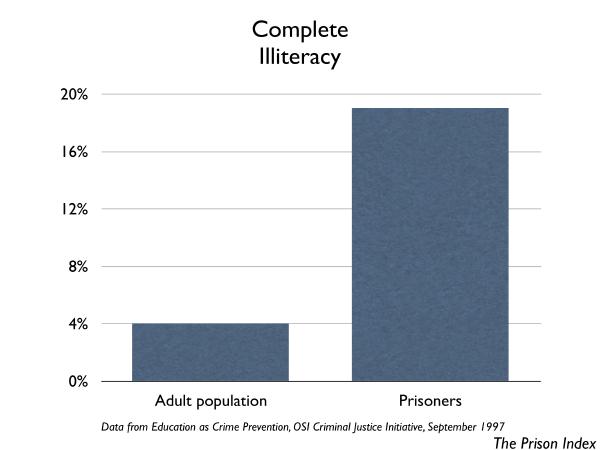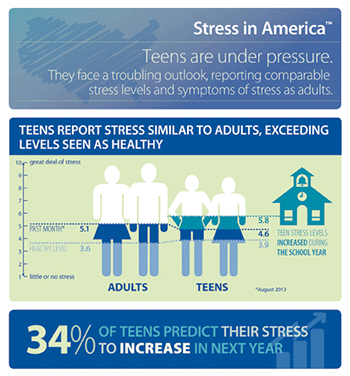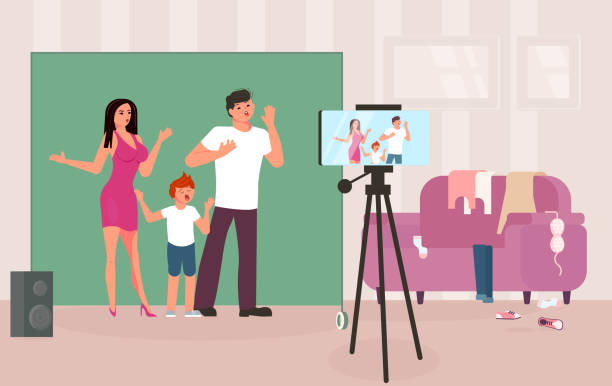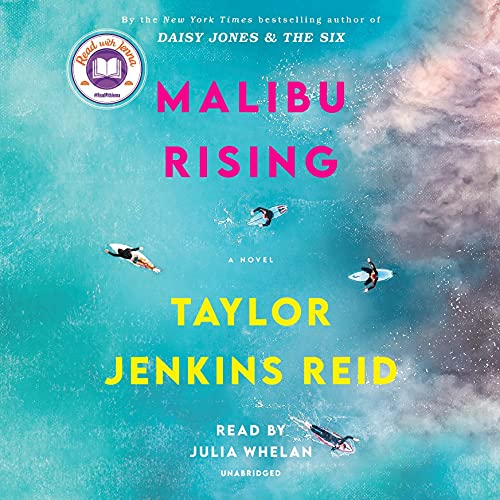
In today’s culture, we are overwhelmed with an abundance of social media, drama blogs, smart cars, and video games. A large majority of today’s students spend their time in class learning, from screens. Whether it be because of chromebooks, Promethean boards, Ipads, or smart phones, there is a lack of physical reading and writing in the classroom, or in any room for that matter. But it isn’t just an issue within the education system- it is also in part blamable on the generations before us. If today’s adults weren’t raised in literature rich environments, why would they raise their kids in literature rich environments? Illiteracy is now more than ever becoming a generational issue. Things like cursive, grammar, and reading just aren’t priortized as much in today’s culture as they used to be. With this also comes the decline of the power of literature and literacy.
According to research done by OxJournal, literacy is the key to what shapes empowered people, who are willing to speak up against injustices. Without literature and literacy, people are left to have their opinions completely shaped by unresearched, biased online discourse. The Jungle by Upton Sinclair is a prime example of literature being used as a tool to stand up against wrongdoings, and its actions like this that we are seeing a lack of today. The OxJournal discusses how important literacy is to so many aspects of a functioning society: politics, critisism, personal transformation, empathy, etc. Being a literate person, while it seems obvious, is such a powerful thing. Yet, today, we see more and more that dropping out of school, being “dumb”, and pushing reading/writing to the side being glamourized and indirectly encouraged, even if people don’t realize they are encouraging it. By losing literacy, we as people are losing our individuality and our voices.
Beyond just losing our voices, there are real, physical, and damaging effects of illiteracy. The connection between illiteracy and crime rates is abundantly clear when you start actually researching and looking into it. According to research done by Plain English, 85% of adolescents who become involved in the juvenile court system are illiterate, which is a shockingly high number. It is as simple as this, if you can’t excel academically to support yourself, you will have to resort to things like stealing to stay on your feet. Being literate is the direct key to being successful in any field. If you cannot comprehend a book or article, how would you comprehend a law or rule? Plain English goes on to discuss how, in general, the lower the level of literacy you have- the less likely you are to secure steady employment. This again, in turn, will lead to people turning to lives of crime to make a living for themselves. These things are why seeing literacy be pushed aside and not increasingly priortized is scary, and is especially scary for our future generations.
When it comes to the physical affects of illiteracy, studies have recently shown that illiteracy rates have been linked to lower mental health rates as well. Neuroscience News did a study that reviewed both illiteracy and mental health, and what they found was that people with lower literacy rates were more likely to struggle with things like anxiety or depression compared to literate people. This is seemingly because the less literate someone is, again, the less likely they are to be in a successful career. Things like poverty, living paycheck to paycheck, and living in high conflict, low income areas add more stress onto a persons day-to-day life, making their mental health exceptionally worse than a literate persons. In another study done by Healthy People 2030, they talk about how the lower someones literacy rate is, the less likely they are to continuously keep up with their health and go to the doctor, because of the chance they do not understand their health documents, medication use, or how to communicate with healthcare providers. Overall, literacy is extremely important to a person’s ability to be able to take care of themselves properly and maintain a healthy way of living. These abililities not only affect themselves, but also their families and how they will end up raising their own children for generations to come.
Generational illiteracy is clearly a threatening and serious issue in today’s culture, but there are ways to combat this issue.There are multiple different types of reading intervention programs in place in America as well as an increased amount of funding for literacy improvement programs. According to American Progress in relation to reading intervention programs, “A four-year study revealed that students in the program realized significant gains in reading ability equivalent to 6–7 months of learning in a 5-month period” (Diallo), statistics like this show how beneficial these types of programs are to adults or students who are still struggling with illiteracy today. Over the past two decades, the federal government has shown an increase in concern for the low literacy rates as well and have taken some small steps towards fighting it. Programs like the The No Child Left Behind Act made it to where all children are required to read at or above grade level measured by standardized testing beginning when they start third grade. If we continue to push programs like these and try to make it to where more funding it available for issues like these, we can drastically improve literacy rates for adults and students across America.
Overall, illiteracy is a serious and extremely overlooked issue that can be preventable if we and our higher ups take the right steps moving forward to combat it. Not just our federal government, or our education system, but everyone needs to realize the importance of literacy and start pushing it significantly more than what it is being pushed now. It may not seem like a serious issue to anyone who may read this, because you yourself may be perfectly well-off and literate, but if we look beyond ourselves and think about the people who are struggling on a daily basis due to illiteracy, we can see how badly this issue effects them. Literacy is the main key to success and prosperity for absolutely anyone, and now more than ever, literacy is a skill that desperately needs to be preserved. As technology continues to take over our society, continue to preserve literacy and pass literacy on to the next generations after you, not only for them, but for everyone.


















